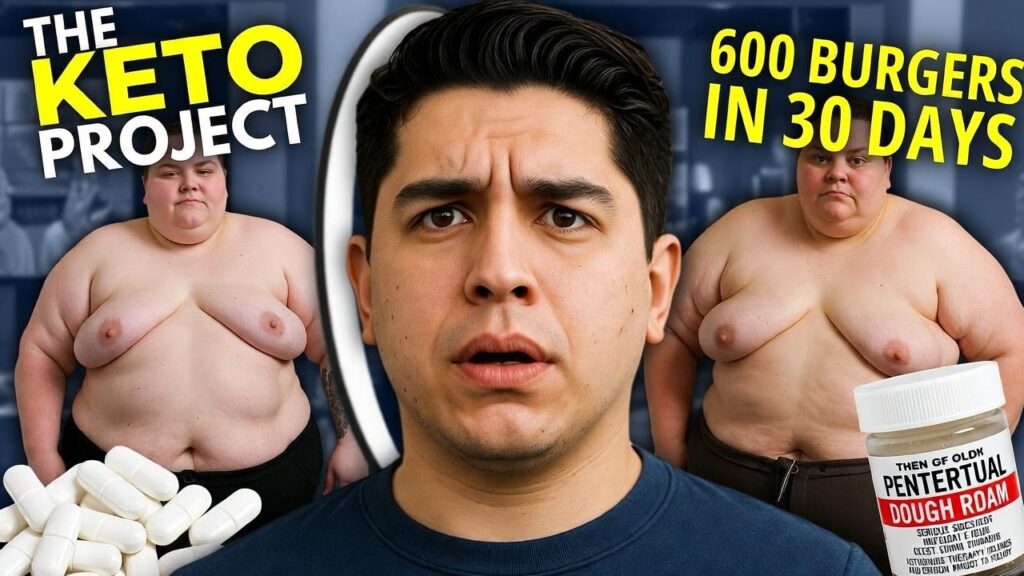
The Silent Obesity Pandemic: Disease and the Path to True Healing
Obesity and COVID-19 Pandemics: Epidemiology, Mechanisms, and Management. PMC, 2023.
The global burden of overweight-obesity and its association with economic development. The Lancet Global Health, 2024.
Psychological Issues Associated With Obesity. StatPearls, NCBI, 2024.
Examining associations between obesity and mental health disorders. Economics & Human Biology, 2023.
Associations between overweight, obesity, and mental health. Frontiers in Psychiatry, 2023.
Obesity and psychological distress. Philosophical Transactions of the Royal Society B, 2023.
GLP-1 diabetes and weight-loss drug side effects. Harvard Health, 2024.
Once-Weekly Semaglutide in Adults with Overweight or Obesity. NEJM, 2021.
GLP-1 Agonists and Gastrointestinal Adverse Events. JAMA Network, 2023.
Obesity and dietary fat influence dopamine neurotransmission. PMC, 2022.
Children’s Health in the Digital Age. PMC, 2020.
EEG Neurofeedback in the Treatment of Adults with Binge-Eating Disorder. Frontiers in Psychology, 2021.
Neurofeedback strategies in binge-eating disorder as predictors of outcome. Frontiers in Human Neuroscience, 2023.
Outcomes of Neurofeedback Training in Childhood Obesity Management. Journal of Alternative and Complementary Medicine, 2014.
Impact of Biofeedback on Self-efficacy and Stress Reduction in Obesity. Applied Psychophysiology and Biofeedback, 2013.
The Keto Project (2024). IMDb.
600 Burgers in 30 Days: The Official Book of the Keto Project Movie. Amazon, 2024.
